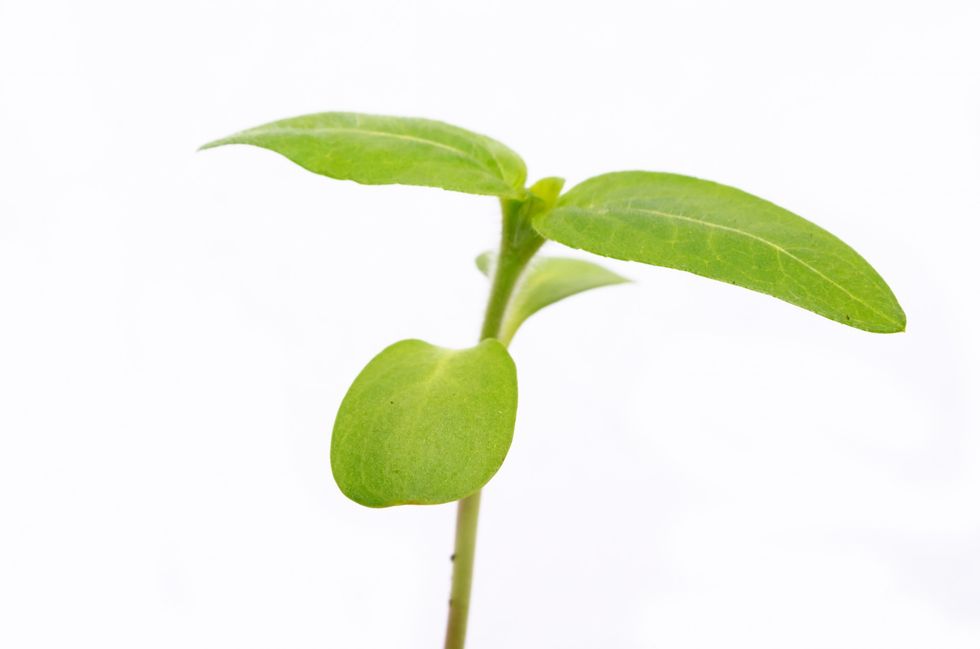Weeding in the strawberry field, building structures for the garden such as hoop houses, planting seeds and seedlings, harvesting produce, and turning the compost… These are a few of the environmentalist efforts you could partake in just minutes away from your dorm in Campus Garden. Whether if you are an avid garden groupie, or someone who has little to no experience in agriculture, you will find your place by getting your hands dirty on anything related to growing food and making sure the environmental impact is kept at a minimum. I said that “volunteering at campus garden has given me new outlooks about sustainability in the Wake community as I got to meet people who aspire to find solutions to problems regarding food security, waste reduction, and mindfulness toward nature.” This past weekend, with the help of fellow volunteers, she got to harvest a ton of spinach and divided them into two piles: one for composting and one for donating to Campus Kitchen, a space on campus where food will be made and packaged to deliver to the community.
That’s right, there are no shortages of tasks that need to get done at Campus Garden. This past weekend, a dozen volunteers, including myself, divided themselves up into weeding strawberries, harvesting, building a fire, and mulching. They bonded tremendously through sustainable service, as well as naming the chickens based off popular celebrities such as Shakira. Without these volunteers, these chickens would not have a sturdy home to live in, fresh produce to nibble from, or funky new names. Real hard work is never scarce at the Campus Garden, making sure that not one leaf goes to waste and not one weed goes un-pulled is the attitude that the volunteers carry. Jack, a first-year student who aspires to major in Biology minor in Environmental Science, explained the impact of carbon footprints to the group, and the people listened and carried the knowledge back home with them. The volunteering does not end after the work is done, because sustainability is equivalent to livelihood as well as our identities as Wake students.
Diversity can be found in humans as well as the non-humans at Campus Garden. In mid-to-late spring, the garden focus on summer crops such as eggplant, tomatoes, squash, watermelon, and strawberries. In the fall, mostly leafy plants that can withstand the unpredictable weather patterns of the fall and early winter months are planted. If the weather allows, shifts are usually from 4:00 PM --- 6:00 PM for two days a week in 1141 Polo Rd, Winston-Salem, NC 27106. A reusable water bottle is crucial for working in the spring months as the weather is warming up, and gardening gloves are recommended but will be provided at limited numbers.
















